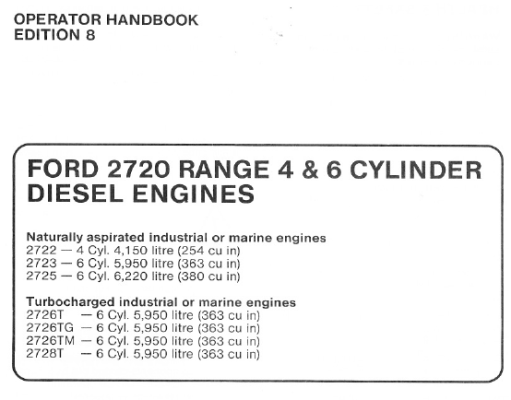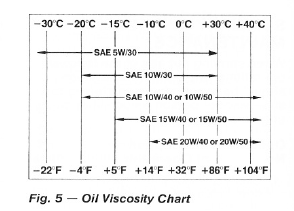I have a 14 year old Volvo TAMD41P-A 6 cyl. 200 HP turbo diesel engine in my Camano. The manual recommends 15W-40 diesel engine oil. The Synthetics I have seen on the market (Mobil 1, Shell's Rotella, etc.) for diesels seem to be mostly 5W-40. Are these lower cold pour synthetics compatible with older engines like mine? Does anyone know of authoritative articles on this subject?
It seems like using a synthetic with higher temperature tolerance, fewer contaminants than mineral oil, and better initial flow when starting up engines that experience longer time segments between use seem to make sense, while having the same high temperature viscosity as mineral oils. Seems like there should be some research literature out there, including recommendations from engine manufacturers. Goal, of course, is engine longevity, not searching for better mileage at the risk of higher engine wear. I welcome good research and recommendations from authoritative sources!
Thanks!





